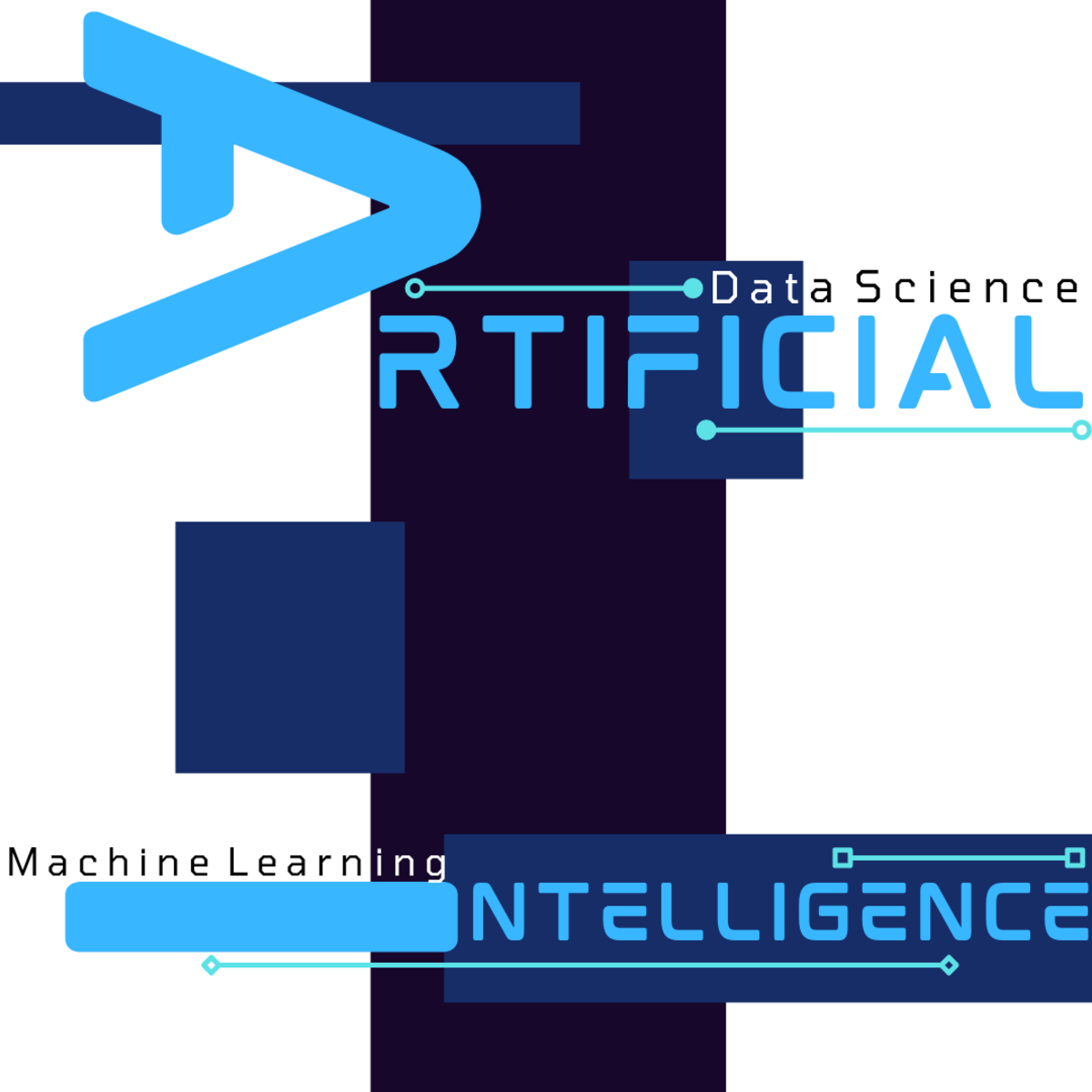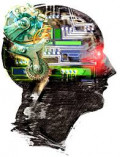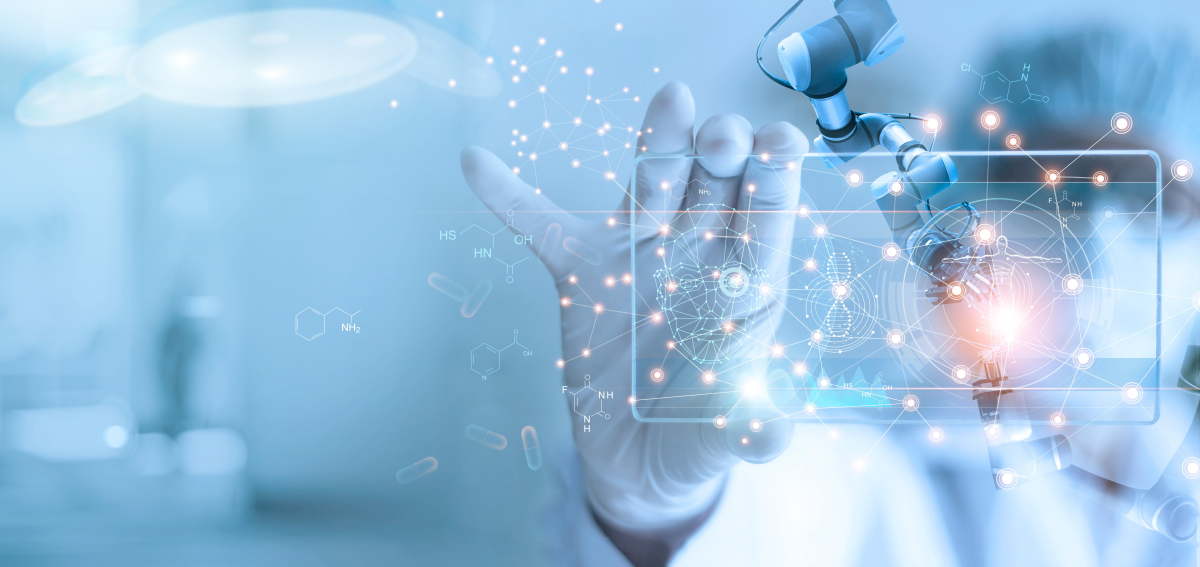Hitchhiker's Guide to Artificial Intelligence
Google Robot
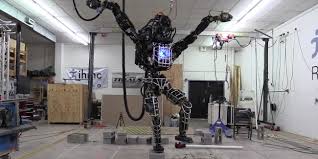
Introduction
Recently in the news, we hear Elon Musk warning about the dangers of AI getting close to destroying our society in the fashion of the "Terminator" movie series. In fact, he calls AI "our biggest existential threat" within next 5 years.
Google has developed a robot that can simulate the actions of the karate kid.
Another news article claims that we could lose 50% of current jobs to robots.
I am just a simple person who is skeptical about the progress claimed by current AI researchers.
I have worked in a top Research facility and have been exposed to the fringe of this subject matter. I have heard predictions made about AI for 25 years or more. Yes, the computers have gotten much faster and smaller and much progress has been made in speech recognition and chess playing etc. However, I have real doubts about machines replacing humans.
- February 2015
Recent News...
- What Jobs Will the Robots Take? - The Atlantic
Nearly half of American jobs today could be automated in "a decade or two," according to new research. The question is: Which half? - Google Robot - Business Insider
This is a little scary. - Elon Musk: 'We are summoning the demon' with artificial intelligence - CNET
While he believes smart machines can take us to Mars and drive our cars for us, Musk remains worried that artificial intelligence holds a darker potential.
Hiking Trail

Mountain Hiking...
Recently, I was invited to go on a mountain hike. It is a beginner's level "B" which in hiking terms is real easy - ratings range from A-F where F is the hardest. It consists of hiking trails approx. 6 miles up and down some hills and woods with very nice scenery and around some lake. As I was walking along, my mind wondered on how difficult it would be for a robot to do what we instinctively can do almost without thinking. For the longest time, it was impossible for robots to walk on two feet. It is only recently that they have accomplished such basic task a human learned by year two.
That's only walking on a flat surface. To hike on a mountain trail, it is much more challenging. You have to have the right equipment, (hiking shoes, polls, gloves), but in addition, you need to be able to follow a path that is rugged, covered with leaves, moss, gravel, dirt, mud, maybe ice and on an incline perhaps 40 degrees or more. You have to overcome obstacles such as fallen branches and trunks narrow passes, dense foliage and follow markers that are not always easily visible. I just wonder how a robot assuming it can walk on two feet will be able to handle such obstacles. I assume in today's technology advanced robotics, one can design a robot that matches the criteria and be given all the sensors and mechanics to be programmed to perform what I just described-maybe not. However, that is not all to it. Let me explain. A human, besides doing the hike and enjoying the time off and being close to nature, can do more than just a hike. It can handle all un-expected events that may happen. That is the true test of intelligence. A human may fall and have no problem to get up. He can improvise and come up with simple solutions to get by obstacles. He can make tools as needed from the surroundings. He can make pragmatic decisions that will make the hike more enjoyable. He can choose to take a short cut and save some time after an extended lunch break. He may stop at a scenic spot and take some beautiful pictures to share with others.
The point being, it takes human intelligence to deal with the unexpected and to appreciate the exercise. Can an "artificial intelligent" robot do that?
Human Brain
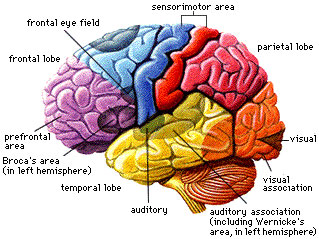
What is Human Intelligence?
To tackle the question of artificial intelligence, perhaps it is best to define what human intelligence is. Some scientists and psychologists may disagree on the details but I think we can agree on some general attributes of an intelligent human. I'm not talking about genius and high IQ persons of the MENSA society. Here is my list of some basic human intelligence - the average adult human.
- Ability to learn (trial and error)
- Invent and be creative
- have logic and reason (scientific method)
- Ability to communicate
- Have memory (short and long term)
- Ability to see (vision)
- To feel empathy and have compassion
- Ability to adapt
- Focus (switch gear)
- To judge or discern (be pragmatic)
- Use intuition
- Morality (sense of right and wrong)
- Have a sense of humor (satire)
- Have free will
- Be self aware
- Ability to Think ("I think therefore I am")
This list is much more that the traditional Turing test for determining if a computer program can exhibit a sense of intelligence to fool some humans.
My Personal Expertise and Experience
The above are some of my personal ideas regarding intelligence and how it relates to machines that claim to have AI. Now, I will address something which I have a great deal of expertise. I'm speaking of real jobs in the real environment where a person is hired to perform a job and getting paid for it. I am currently working in the Document Imaging industry.
Document Imaging Service Providers are charged with the task of converting paper records into computer files that can be searchable and accessible.
This is accomplished by a series of simple tasks performed by operators such as a prepper, a scanner operator, a quality control person and an indexer.
Tasks that are relatively low skilled but requires manual dexterity and pattern recognition.
These are hard tasks for a robot to perform and not cost effective even if possible.
Typical workers receive minimum wage and may not need a high school diploma.
What is required is the ability to pay attention to details and not be bored with repetition.
Typical document handling:
Handle paper records in folders of various condition. (take out box in order, and return to box in same order.)
Some paper may have water damage, and some have bad folds or rolled together.
Some may have odd sizes and over sized documents. (too small or too large) double sided.
Some may have poor quality such as faded receipts.
Some have poor labels (hand written) miss-spelling. These are needed to index the file.
Object of prep is to get the documents ready for a production scanner that can scan at high speed but have restrictions on size and condition.
Object of QC is to identify errors that are part of the scanning process…and correct before indexing.
Here are some Prepper tasks:
Staple removal
Repair tears
Unfold paper
Remove post it notes and tape down
Remove receipts and tape (may need to cut to size)
Remove paper from bindings
Print the index info on a cover page
(misc. odd cases…such as oversized or too damaged may need special consideration)
Prep operation has to have good manual dexterity.
Remove staples gently without damaging or ripping paper.
Tape some items that require alignment.
Recognize somethings out of ordinary to alert supervisor.
QC: (performed after scanning. Check for quality and look for errors)
Identify multifeed scans
Recognize orientation and Rotate page (hard for robot with hand written material )
Delete blank pages
Recognize lines from scanner and differentiate from a bad photocopy or bad original.
Check spelling of indexing info.
Check and count pages to look for missing scanned page (rare but happens)
QC operator needs to have pattern recognition skills that comes with experience.
Having seen many similar pages, a human eye is great at spotting things that are out of wack in a short period of time.
The computer can do some tasks very well and very fast and do not tire of repetition.
However, it is not very good at identifying odd cases and subtle cases of problem.
These are rare but do occur. Also, a computer can spot problems that have been defined ahead of time (programmed in). It cannot think for itself and identify features that it does not know are potential problems.
Also, the human eye is still better than a scanner or camera in the dynamic range.
For example, a sales receipt can fade and be so light that a scanner will not be able to detect and yet our eye can still see it.
Another problem is moire patterns (artifact of digital scanning). The eye has no problem where a scanner or camera will fail.
Why did I go into such details to describe these tasks? To illustrate how difficult it would be for a machine to replicate these tasks.
Do you think a robot can be invented to do all these tasks at $8 or $9 an hour?
I think not. Obviously, we humans can always use tools and advanced technology to help improve the process and speed of these tasks. Can we reach a point where the human is not necessary?
That is the question.
A Document Service Company
- Document Scanning & Indexing Services to Meet County Court E-Filing Requirements
Document scanning & indexing services on TXMAS Contract to help county courts meet e-filing requirements by converting paper to electronic documents.
Human Eye
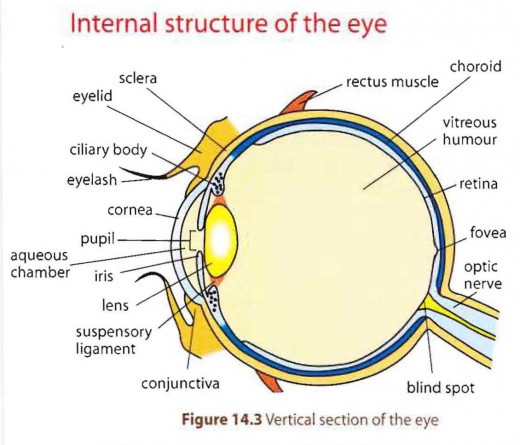
Limits of Technology...
Let me give an example of how technology is not even close to matching the human ability. The human eye is an incredible organ and it works so well that even the most advanced digital camera of today cannot come close to what the human eye can do. Let me explain. Have you ever walk into a dark movie theater and suddenly, you cannot see a thing? After a few seconds, your eye magically adapts and you can make out the rows of chairs and people eating snacks and find your way to your seat. Can a digital camera do the same? The answer is no. A digital camera is made up of photo sensors that react to light and then it converts the light signal to electrical pulse to be processed into a picture. The problem with the camera is that it lacks the dynamic range of the human eye. Engineers can design specialize cameras that will capture very dim objects and it can design cameras that will look at various spectrums such ultraviolet and infrared...but it cannot do what the human eye can do. To repeat, computers and machines can be designed or programmed to do some specific task very well. Another subtle aspect of the human vision system is the fact that it is not merely a capture device. The information captured by the eye is sent to the brain and the brain performs interpretation of the data based on experience and prior knowledge before sending the information to the higher brain for comprehension. We know this because scientist have done studies and found that our cognition can be tricked by various optical illusions. Therefore, our eye is not only a great camera but it is integrated with our brain. Can a robot simulate this?
Human memory is another marvel of our physiology. A computer has basically only one form of memory. There is a RAM which is just a faster version of the Main Core memory. It works the same way. You store a bit of information via a unique address and later you can retrieve the same bit of information via the same address and that's all there is. However, the human memory is vastly complex. First, there are two form of memory, a short term and a long term. They each serve a different function and they help the brain digest the vast amount of data that we are bombarded with every day. When we sleep, in particular REM sleep, that is when we sort out the events of the day and place them in the various compartments where they can be retrieved the next day or 30 years down the road. In addition, it is not just one path in and out but a whole complex neural network with parallel path that connects them. Scientist know this because when a person suffers from some brain damage as a result of stroke, the brain can heal and rebuild some of the lost connections. When it comes to memory, it is not how much you have but how well you organize the data so that they can be readily retrieved.
Conclusion
In summary., let me address the three news article I mentioned in the introduction. Yes, I do believe that the future will bring more robots that will automate some mundane tasks. It can do tasks that are dangerous and it can do some tasks faster and cheaper. This has been in place for a long time in our factories and production lines. However, it cannot replace a human when it comes to the full range of what a person can do. As I described, a simple manual labor job such as a document prepper is not easily replaced. Even if it is possible which I doubt, it still would be too costly and economically unviable.
An "intelligent" robot that can do karate kicks is great showmanship. Can it tell a joke? or understand satire? or hike a mountain trail? I think not.
Finally, with regard to Mr. Musk's warning about AI being our demise in the near future, I say don't be fooled by AI claims. Humans has the one advantage that machines will never have. We can THINK. Our brain is really a miracle. We don't know how it works in all it's intricate details as yet. We do know this - God created us in His image, with a free will. This makes us human unpredictable. A machine, no matter how complex must follow a set of rules programmed by it's creator. That simple fact makes it vulnerable to be "out smarted".
Thanks for reading. I welcome any comments and opinions.
Resources
A good book on how the brain works - On Intelligence by Jeff Hawkins.
My hub on Confusing Intelligence with Technology.
© 2014 Jack Lee


